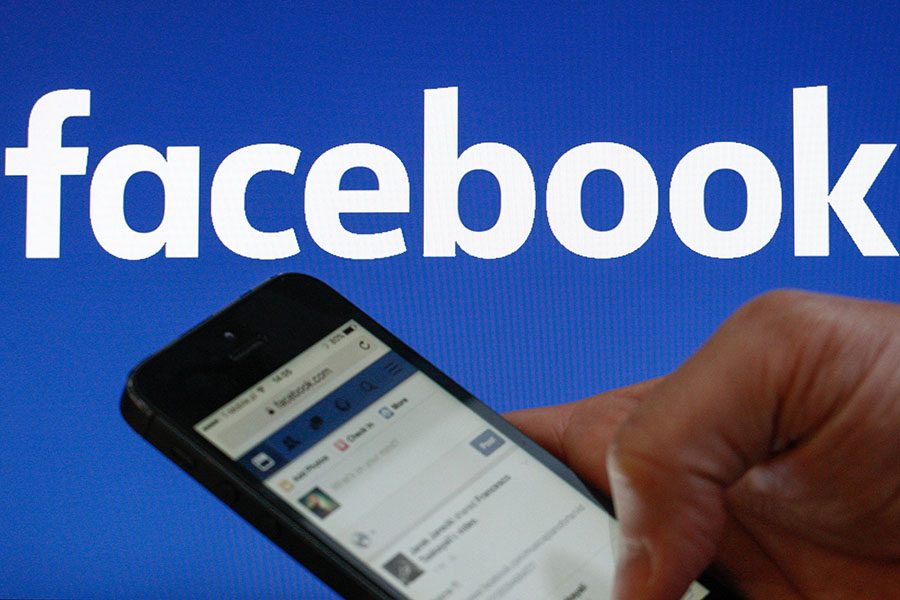Facebook Needs to Start Regulating Fake News
Facebook and other social media sites need to start regulating their false news stories.
PHOTO | MCT Campus
From Ebola to celebrity scandals, Facebook is infamous for their incredibly inaccurate “news” stories. Sunday, Dec. 4, however, these usually harmless stories pushed one American to near murder.
Pizzagate, as it has become widely known, started online as a conspiracy theory about former presidential candidate Hillary Clinton running a child sex traffic ring out of a popular family pizza parlor, Cosmic Pizza, in Washington D.C. The story, which is completely false, was quickly picked up by Twitter users, Reddit members and fake news pages on Facebook, quickly spreading it across the country.
This story didn’t seem to pose a threat at all until a man from North Carolina read it, believed it, picked up guns and drove to Cosmic Pizza, Clinton’s supposed trafficking headquarters to liberate the captive children, firing his weapon into the ceiling. The only problem was, there were no children to liberate. The restaurant was filled with families, enjoying their day, only to be interrupted in a horrifying way.
Thankfully no one was injured, but something like this may happen again without people lucky enough to survive unharmed if websites like Facebook don’t stop circulating fake news once and for all.
Facebook has had a history of publishing fake news, such as the fake story about a family of five being quarantined for Ebola in Purdon, Texas. But lately the social media platform has decided to take baby steps towards regulating false stories published on-site. The plan Facebook has developed at this point is to have regular users determine the legitimacy of articles themselves. Underneath certain news posts Facebook has included a survey that asks about how accurate the story is or seems to be. This is a step in the right direction. The problem faced is what to do with the stories if they are determined to be false.
With fake news stories, it is difficult to remove or edit what is published due to the the God given American right that is free speech. If we take freedom of speech at its base level, these stories are free to be published and spread around endlessly. However, many of these stories, such as Pizzagate, verge on slander, claiming false information on someone and dragging their name through the mud. While free speech is legal, slander is not.
Based on these facts, fake news stories should be examined closely by human beings to see whether they could harm a person’s reputation or even cause physical harm like Pizzagate very honestly could have.
The question posed moving into the future is how are freedom loving Americans going to handle the possibility of regulating false news stories? If something like Pizzagate does happen again and that time people really are injured, or even killed, hopefully Americans will be able to understand the need for regulation.



